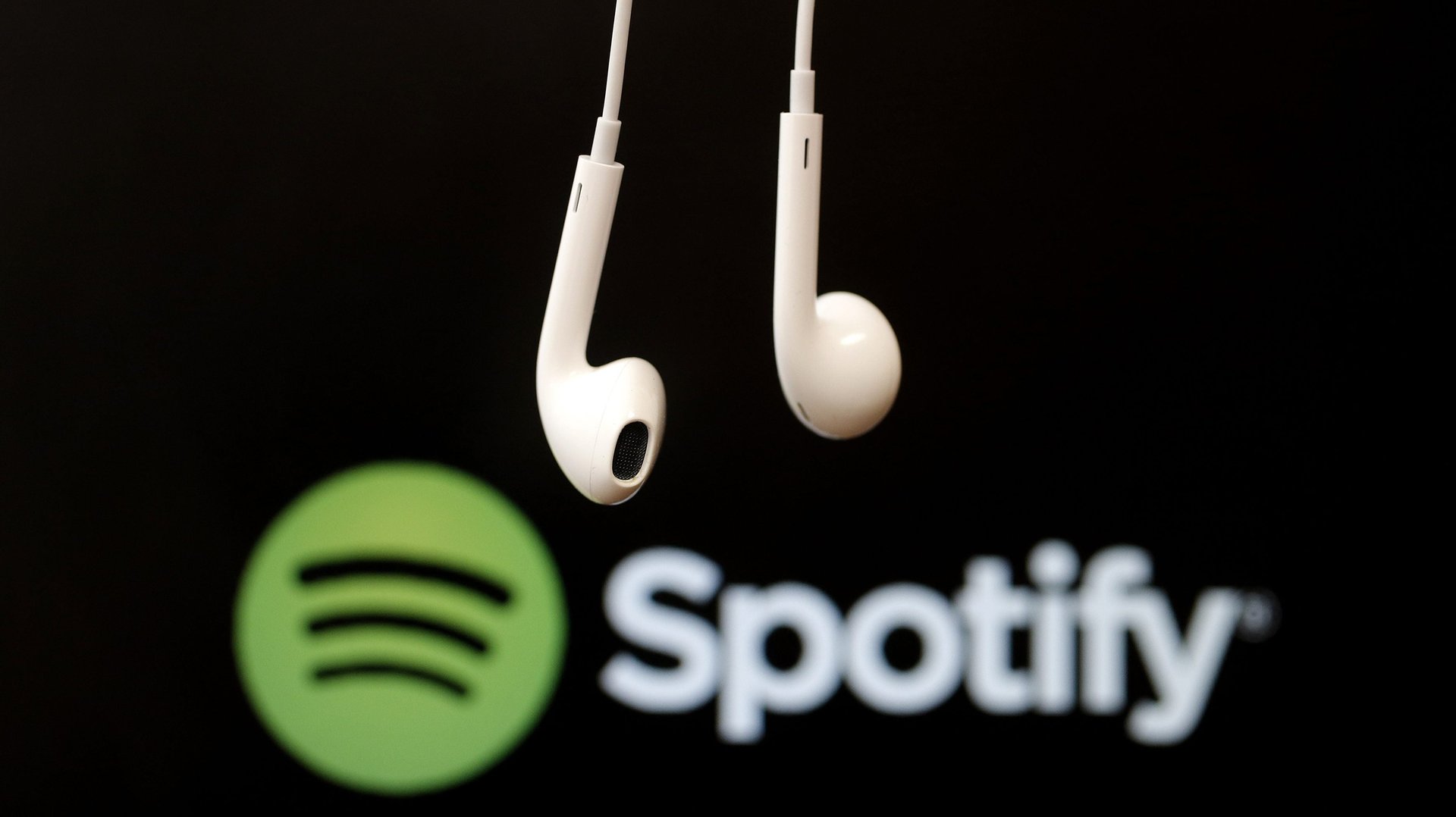Spotify’s IPO is to be avoided at all costs
Despite the growth of digital music, there are limited opportunities to invest in the market. Pandora, the pioneering online radio firm, has been the only pure-play public streaming company but its troubles have made it mostly a money-losing stock for four years.


Despite the growth of digital music, there are limited opportunities to invest in the market. Pandora, the pioneering online radio firm, has been the only pure-play public streaming company but its troubles have made it mostly a money-losing stock for four years.
Investors will soon have another pure-play opportunity in Spotify, the Stockholm-based streaming giant that plans to go public this year. But Spotify is not going public through a normal IPO; it is using a direct listing process. This is unusual and rare. We think it’s simply a bad idea for six reasons:
- No fundraising. In a traditional IPO, a company offers new shares to the market to raise cash. Spotify isn’t raising any cash, which seems odd for a company whose cash and equivalents declined 37% in 2017 to $477 million. We think the company will need to raise cash later, which means any share dilution will happen after you buy, not before as in a normal IPO.
- No underwriting. Say what you want about whether investment bankers make too much money but they provide a valuable service in public offerings. In an traditional IPO, the banks put their own capital on the line to get the deal done. They buy shares from the company to make a market. And, once the shares start trading, they buy to keep the price up if need be. No one has skin in the game with Spotify’s offering. It’s unclear what that will mean.
- No book. In a traditional IPO, the investment banks “build a book,” which is lingo for soliciting orders from investors at specific prices. The art of the process is to get as high of a price for the company as possible while also leaving enough appetite in the market so that the stock doesn’t sell off after the deal and new investors don’t lose money right away. Spotify won’t have any book-building. No one knows what the market appetite will be at what price. They will just guess at the right price and see what happens.
- No lock-up. In a traditional IPO, shareholders are held to a lock-up period to limit the potential shares offered for sale. In this process, any and all shares could be offered up on the first day of trading. Everyone could decide to hold. Or everyone could decide to sell.
- No new long-term holders. One of the benefits of an IPO is that big funds make big investments that they intend to hold for a long period of time. That gives the company a stable set of shareholders who intend to be in it for the long haul.
- No roadshow. Prior to a traditional IPO, companies go on a roadshow to meet with investors, present their pitches, set expectations, and answer questions. A lot of our questions would normally be answered during this process. Spotify is planning only a single investor meeting tomorrow (March 15) and it’s unclear how much anyone will learn during that process. And it’s unclear how anyone will forecast earnings without any sort of input from management.
Despite all of our concerns, it’s certainly possible that Spotify comes out of the gate like an ICO. Since there are no new shares, there may be limited supply. And if that limited supply is met with big retail demand, the shares could go to the moon. But, just like many cryptos, those shares could come right back to earth if some of our concerns come true.
It’s a gamble. Flip a coin.
Our view is this is a time to watch and consider participating later. We might miss out on a rocket blast but the risk of being blown up seems too high for now.